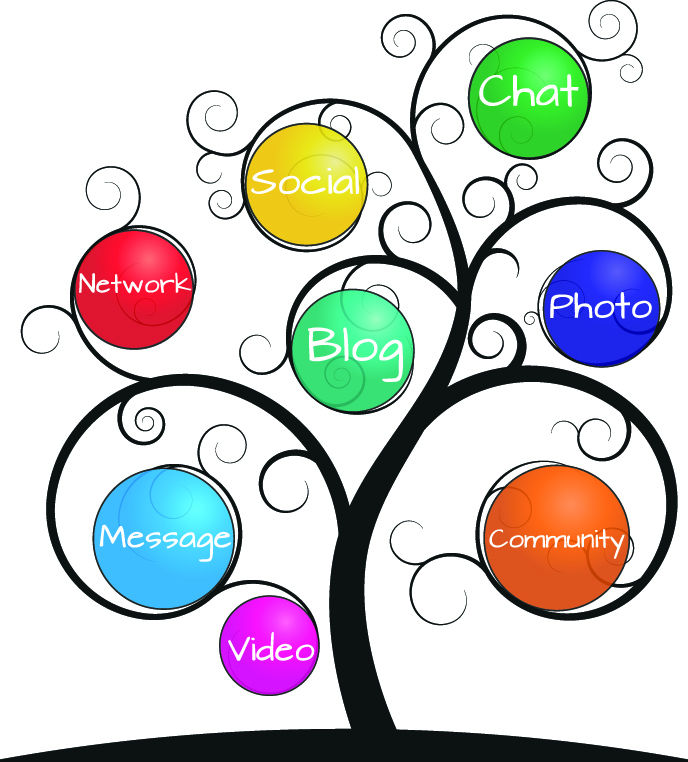 Dr Martin Paul Eve–co-founder of the Open Library of the Humanities and editor of the open access journal Alluvium—reflects on “open access”, engagement, and the politics of information management in a digital age.
Dr Martin Paul Eve–co-founder of the Open Library of the Humanities and editor of the open access journal Alluvium—reflects on “open access”, engagement, and the politics of information management in a digital age.
The academic disciplines that constitute the humanities study human cultures, their art-forms, philosophies, expressions and histories. They aim to do so through a promotion of “critical thinking” that discourages one from becoming “completely comfortable with your own certainties”, as Michel Foucault put it. These values, of course, seem central to notions of political agency and particularly democracy, for without a critical self-knowledge, how can we act with any determination?
Open Access
With the ability of the internet to disseminate material at an infinitesimally small cost per download, the model of communicating the results of humanities research is changing, which has caused some alarm but also some excitement in different quarters. This is possible in academic disciplines because a model has developed under which researchers are not paid by publishers or the public for their work, they are instead, theoretically, in academic jobs that pay them to give away this material. As Peter Suber puts it, “the academic custom to write research articles for impact rather than money may be a lucky accident that could have been otherwise. Or it may be a wise adaptation that would eventually evolve in any culture with a serious research subculture”.
In any case, a movement has emerged in recent years that seeks to extend access to research findings free of charge to anybody who is interested and to also let people re-distribute and re-use these materials. This is called “open access”. As with everything that seems simple, there is a lot more to it (and the economics are particularly tricky – publishing does involve labour that must be compensated, after all) but with growing international mandates, open access in at least some form looks set to be a permanent new feature of the academic landscape.
The Humanities in Society
This brings me back to my initial comments on the purpose of the humanities and their potential societal role. Open access could give the humanities fresh energy and public appeal through visibility. It could give us the chance to reach a broader audience and to fulfil the societal function of which we dream. It could also, through the notion of the gift, incrementally erode, although not destroy, the commodification of research.
All well and good, but how? There are many ways to achieve open access. Some methods, such as when academics make papers available in their institution’s repository, don’t require us to reconfigure the economics of scholarly publishing. Others are a little more radical, which is where my work comes in.
I do not think, within certain definitional boundaries, that market-based, competitive practices (in which we assume that competition through purchase of a commodity object for profit will always deliver the best result) are appropriate for scholarly publishing. After all, if I need an article or book, what is the competition that I can purchase instead? There isn’t any. There’s a micro-monopoly. Scholarly artefacts are unique because of the originality requirement. To that end, the Open Library of Humanities, which I run with Caroline Edwards, is designed to implement a cooperative funding mechanism through which to support a not-for-profit, open access, scholar-led, high-volume, high-quality publication platform. We want a modest number of libraries to all pay a small amount each year (less than they do under the subscription model) so that we can make humanities research openly accessible (without any of the grim author-facing fees of other publishers known as “Article Processing Charges”). By supporting a range of autonomous journals through an economy-of-scale infrastructure, we can make this work without eroding academic freedom to publish wheresoever is desired. We also have potential involvement from several large university presses for a books pilot. We aim to launch now in Spring 2015, pending the success of our economic model drive.
Open Access and ‘Being Human’
Open access is not going away, which should be thought of as a good thing. Provided we derail attempts to make “gold” open access a pay-to-publish model, who could really object to letting more people read our work (some, with whom I disagree, do, though)? Who would object to the opportunity to contribute to the education of an informed, critical populous?
That, of course, is where events such as “Being Human” come in. By coupling an openness in research practice with a willingness to actively engage with the interested public, the academic humanities don’t have to be in perpetual crisis and can make their worth self-evident. In fact, as a tribute to the ongoing appeal of the humanities, events such as Being Human show a route that others would do well to follow.
Dr Martin Paul Eve is Lecturer in English at the University of Lincoln. His research specialisms include the novels of Thomas Pynchon, Don DeLillo and David Foster Wallace and the philosophy/theory of Foucault, Wittgenstein and the Frankfurt School.
